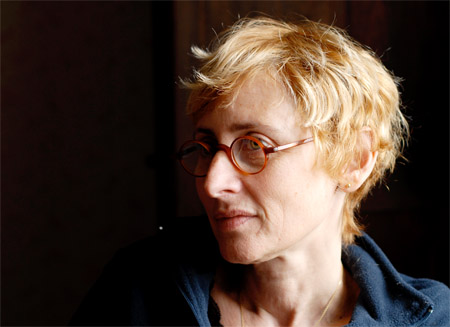Summary
The contemporary
Jewish world, namely the one which bases itself on concepts
from the Torah in order to comprehend itself and events,
has taken a minimal interest in the Holocaust. The few
interpretations it has put forward are often old – many
dating from the period of the Holocaust, with few innovations
– and they have little interest for contemporary Jewish
scholars, if one looks at the latter’s abundant output.
On their side, psychiatry, psychology and even psycho-analysis
have, for a long time, taken an interest in the Holocaust
and in the internees of concentration camps – the most
famous achievement being the identification of the concentration
camp survivor syndrome at the end of the 1950s. But neither
this famous syndrome, nor practically any other books,
manuals, or articles dealing with Holocaust survivors
mention the Jewish identity of the patients in a pertinent
scientific manner. Why seek to fill these gaps on
either side? Why deem it necessary to connect the psychological
disciplines with the world of Jewish thought? The author,
in charge, at the Centre Georges Devereux at the University
of Paris 8, of clinical research psychotherapy tools for
Holocaust survivors and descendants of survivors, analyzes
the reasons behind these issues and puts forward suggestions.
to
the full text —>
Nathalie Zadje is a senior
lecturer in psychology at the University of Paris 8 Saint-Denis.
She is in charge of research and clinical studies at the
Centre Georges Devereux and was a visiting researcher at
the Centre de recherche français à Jerusalem (2007-2009).
An expert in psychic trauma, she developed in France the
first clinical research tools for survivors and descendants
of Holocaust victims in 1990. She has authored two standard
reference works: “Enfants de survivants” (1993),
“Guérir de la Shoah” (2005) published by Odile
Jacob. In the course of her stay, in 2003-2004, in the region
of the Great Lakes (Burundi and Rwanda), she established
and operated a university research center on the clinical
psychology of trauma at the University of Burundi in Bujumbura.
In November 2005, she established, with Dr. Ulman, at Beer
Yaacov psychiatric hospital (south Tel Aviv), an ethno-psychiatric
clinic for patients of Ethiopian origin – presently supported
by the Israeli government in the framework of a research
program. Following the massacres of September 28, 2009 in
Guinea, she established and facilitated, in Conakry, a psycho-social
unit specializing in the treatment of survivors and female
victims of rape.
Her main research themes
are: ethno-psychiatry; mass and individual trauma (genocide,
war, natural catastrophes, domestic violence); psychotherapeutic
tools; treatment for social and cultural minorities; psycho-politics.
